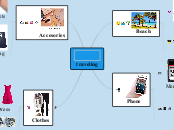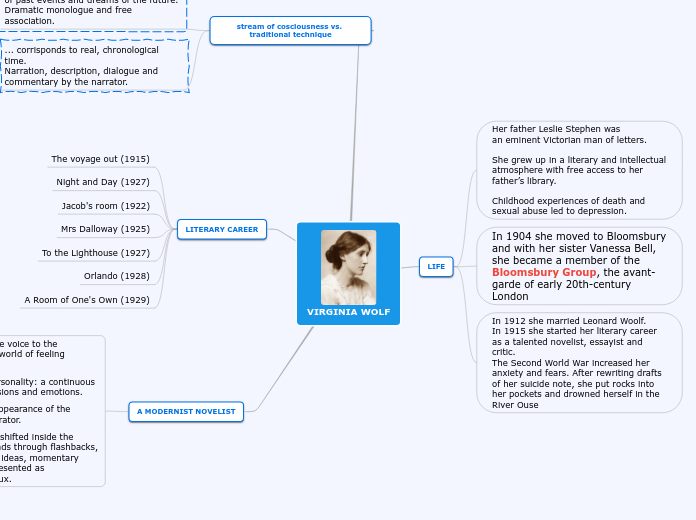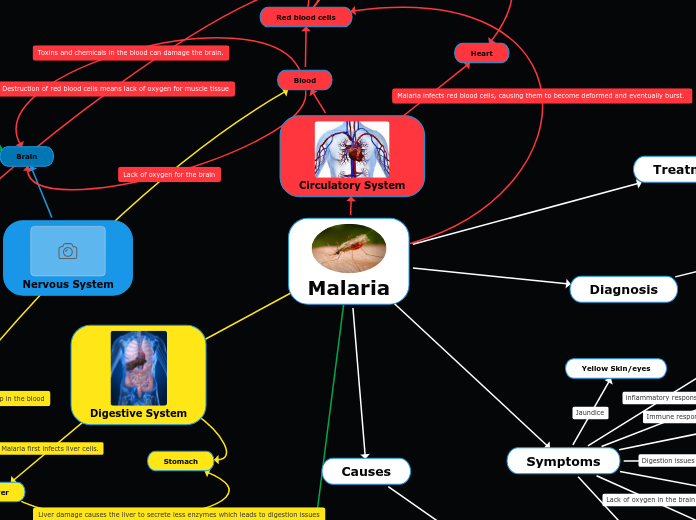Q1 Alzheimers
e) What are the possible drawbacks or limitations of the barcode test and are there any ethical considerations of doing such a test?
Other drawbacks
Still only 90% probabilty
Does not have to break out
As shows Schizophrenia evenif identical twin has it there is onlya 50% chance
So there is an environmentalside to it
Ethical considerations
Would employers make you test
Would insurances make you test
Leading to a self fulfilling prophecy?
What if the diagnosis is wrong as in breast cancer
Subtopic
Cruel: Its not curable so it's bad news of a slow and certain and cruel death
d) Why does the article state that diagnosis is only about 50 to 85% accurate? How can it be positively confirmed?
Currently no diagnosticmethod that can detectAlzheimerswith 100% probabilty
Using a varity of diagnosticmethods
Brain Scans(can only be usedto exclude other conditions)
CT
Pet scan
MRI
fMRI
Cognitive Tests
i.e. Memory Tests
Behavioural assessment
Skilled Doctors
Postive Confirmation: Can only be diagnosedpost-mortem via autopsy
Histological Methods
i.e. microscopy
at best: 15% remain undiagnosedbecause they are diagnosed as otherdiseases i.e. depression (impaired memory etc.)
Difficulty: Other disesaes / dementias show Alzheimer-Like Symptoms
Schizophrenia
Stroke
Lesion in the Hippocampus
c) What are the likely causes of Alzheimer’s disease?
Likely genetic plus environmental factorsare interacting in some cases
factors that increase risk
other aren't
Genes: inheriting a certain allele of a protein apolipo protein e
Age is highest risk factor
behaviour factors are under our control (healty life style)
clinical depression
smoking
arthereosklerosis
hypertension
diabetes
elevated cholesterol and obesity
head injury (boxers)
Reminds me of schizophrenia anways ...
Amyloid hypothesis(Genetic Problem)
Likely a genetic disease leadingto abnormal/Mutant proteins
However only 50% of monocygotic twinsdevelope schizophrenia
However only < 10 percent of the occurrance can be acounted for gene defects
Cholinergic Hypothesis(Lack of Neurotransmtters)
Reduced synthesis of the neurotramsmiiteracetylcholine
b) Describe the brain changes in Alzheimer’s disease shown in brain imaging studiesand explain how these might account for the clinical symptoms, in particular those related to cognition.
how do the changesaccoutn for clinical symptoms?
Cell Loss leads to loss of structuresor connectiviyin specific areas
Raphe Nuclei
Regulation of mood(serotonergic projections to the cortex)
depression
Lymbic structures
Amygdala
the appreciation of theemotional significancof sth. in a normal way is lost
fear
mood changes
abnormal social behaviour
Hippocampus (old cortex) and Entorhinal cortex (neocorte)
learning and memory- short term memoryin particular
are among thefirst areas to degenerate
-->loss of short term memory
Neocortex
loss in highest order assotiation areas
primar areas remain intact(propriocepton; smell, taste touch, vision, hearing)
Prefrontal cortex
ability to plan andreason is lost
-->hence confusion
Brain Changes
Loss ofwhole structures
Loss of connectivity because of the loss of dentrites and synapses
Loss of neurons
Abnormal chnange in extracellular space
NeurofibrilaryTangles
abnormal depositions (filament) in Neurons
Intracellular: Abnormal changesin Neurons
Plaques
Abnormal extracellular depositsof (normal) Beta-Amyloid Protein surrounded by abnormal neuronal processes and glial cellswho try to get rid of it
a) What is Alzheimer’s disease (AD) and what are its clinical symptoms?
Cinical symptoms
Late stage
Gradual loss of physiological (bodily)functions
Leading to death
Mean time from diagnosis to death= 7 years
Heamorrhage in the brain
because of depostion ofamyloid in blood vessels which makes them rupture
loss of cog funct
Language break down
Memory Loss
Loss of sense of self:individuals forget who they are
Loss of episodic memoryin Hippocampus
Long term memory loss
late stage because ltm is widely distributed
Middle stage
Emotional problems
Mood swings
irritability
agression
significant Losss of cog. function
loss of higher ordre cog func. like inabilty to understand jokes
significant memoryloss
Early stage
Depression
Decreased initiative(loss of interest in hobbiesor personal hygiene)
Faulty judgement
Deficits in attention
Loss of Short TermMemory (Can't rememberrecently learned things)
What is it?
No cure!
can not be positively diagnozed until autopsy
Genetic Mutation at differnt Genes but they only account for less than 1% of the occurrence (Importantly shown in patients - swedish) with early onset)
Animal model: An animal model using mice with a mutation in the gene coding for APP can show this
show tangles and plaques
show Impairment
Impairments in spatial tasks
shows age dependet (at 10 month) impairment in learning
... result of boht a) and b) is a toxic form of of Amyloid called beta amyloid
released in extracellular space forming aggregates called plaques which are toxic
b) Mutations involved in the processing of APP (enzymes)so that APP ins inappropriately cleaved
a) Gene that codes for amyloid precursor protein (APP) can have a numver of mutations
for the rest: cause unknown!
late onset >65
Early onset <65
High risk factor is age
45% of People over 85
3. Brain autopsies show accumulation of toxic tangles and plaques
Intracellular Tangles (Hyperphosphorylated tau protein)
Extracellular Plaques (Beta Amyloid Protein)
2. Involving Memory loss and loss of higher cognitve functions
no loss of primary areas
1. Neurodegenerative Disease(or neurological disease)
A specific type of progressive dementia (there are other dementias)
Characterized by neuron loss in specific areas
Significan neurons loss in the CNS - neurons are dying









